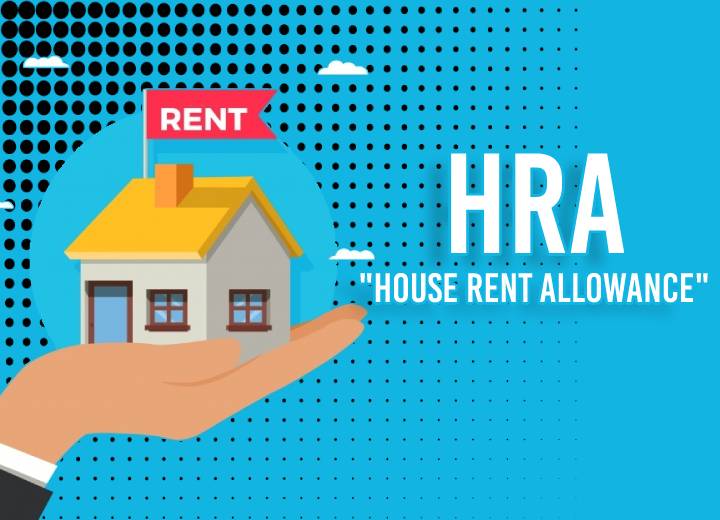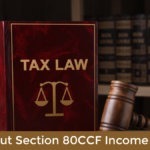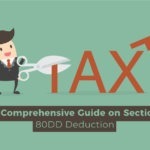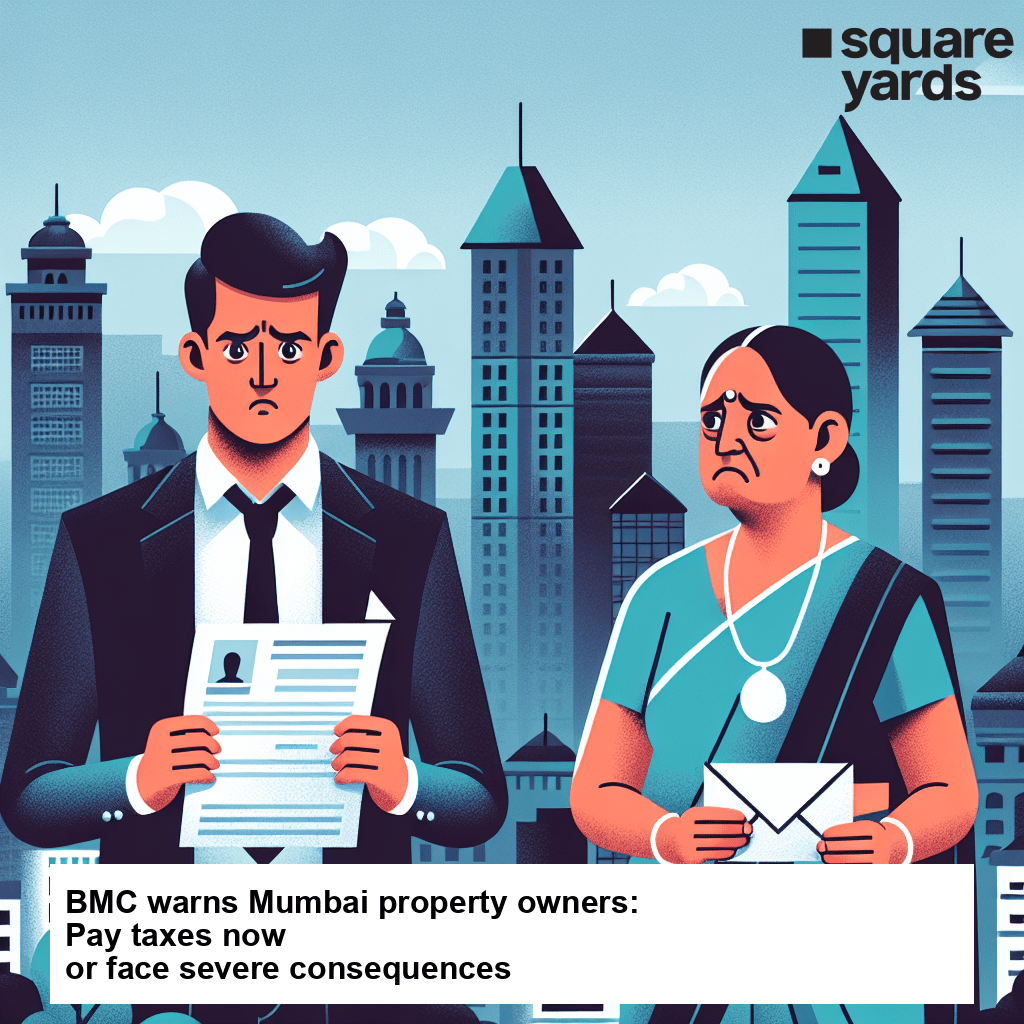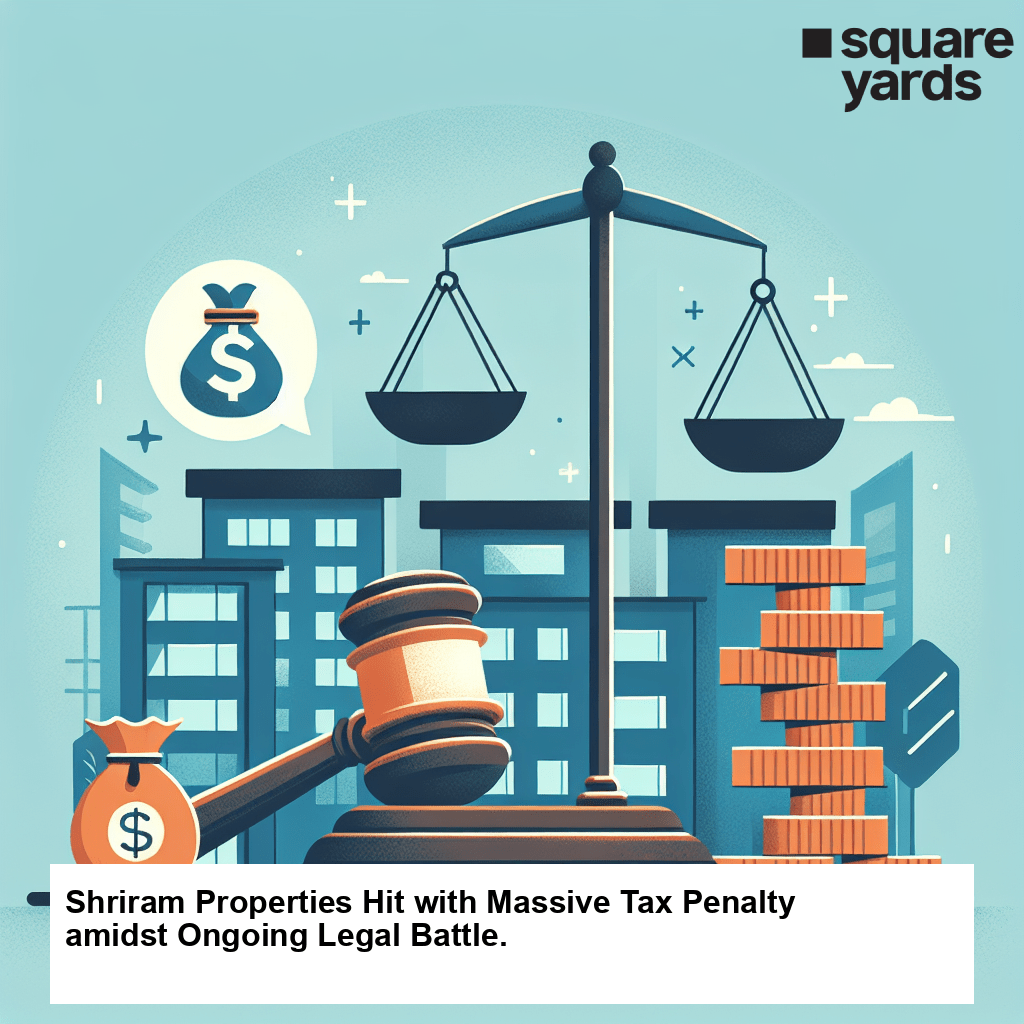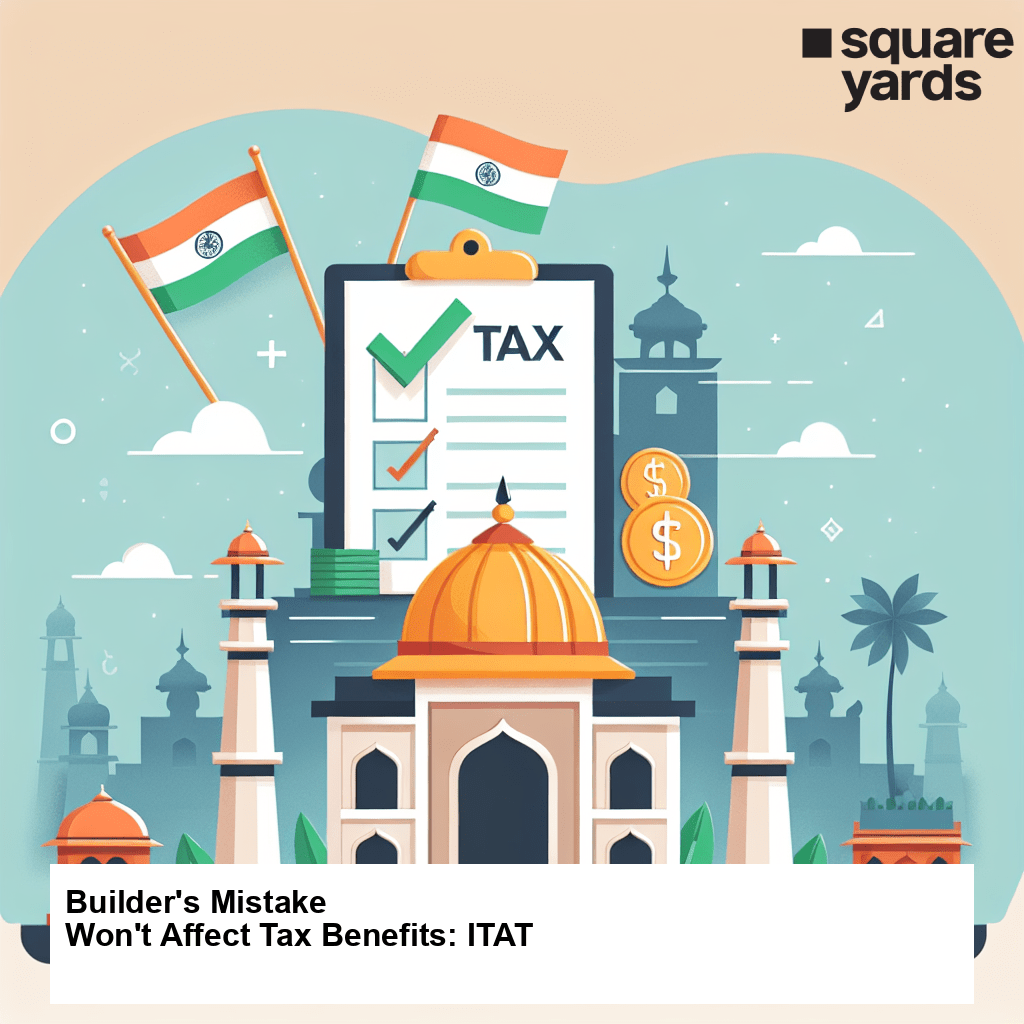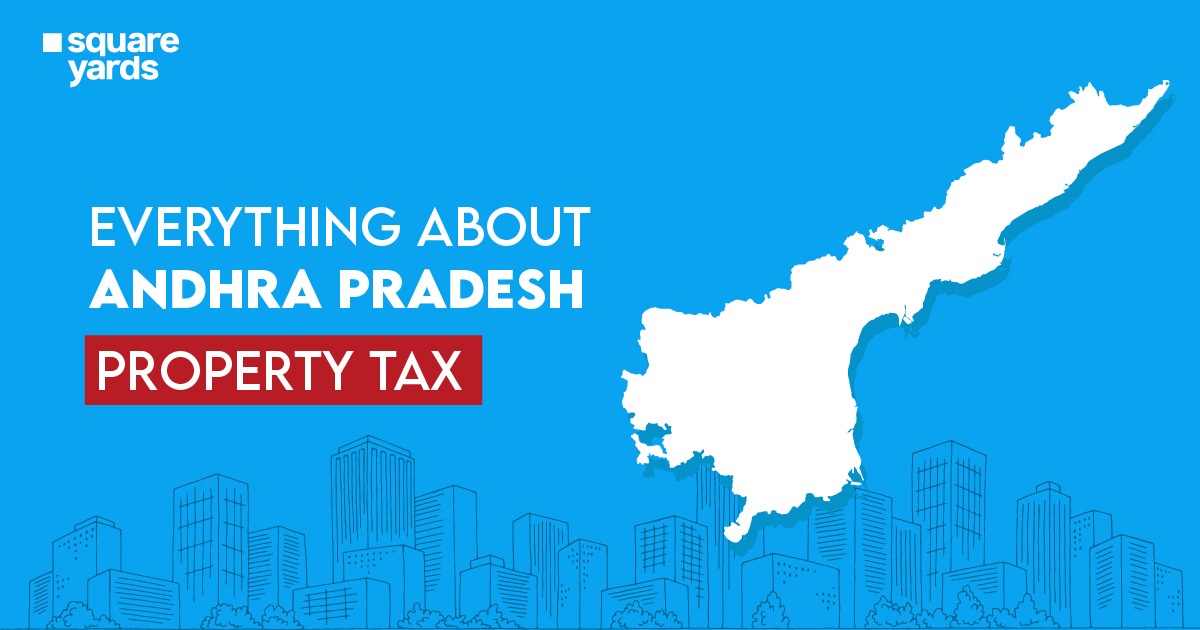We all share the same thought process when it comes to HRA – Is staying with a family eligible for a house rent allowance exemption?
House Rent Allowance (HRA) is an important part of an individual’s salary paid by their employers. It is provided to employees to meet their requirements for rented accommodation.
Salaried individuals can claim an HRA exemption or HRA deduction to lower their tax rate either partially or entirely. However, if an individual is not residing in a rented residence, then the house rent allowance for them is fully taxable by the Income Tax Department. The HRA is exempt from taxation under Section 10 of the Income Tax Act of 1961, and there are two ways to claim it – partially or fully.
Table of contents
- What is House Rent Allowance (HRA)?
- HRA Calculation
- HRA Exemption Calculation
- Rules for House Rent Allowance
- How to Claim for HRA?
- What to do if Your Employer doesn’t give a House Rent Allowance?
- Claim HRA Deduction Under Section 80 GG
- Claiming HRA while Living with Parents
- Frequently Asked Questions (FAQs)
What is House Rent Allowance (HRA)?
House Rent Allowance (HRA) is an integral component of an individual employee’s salary. It is paid by the employer to their employees so that the latter can meet their rented accommodation needs in the city they are living and working.
While filing ITR, an HRA applies to both self-employed and salaried individuals. For the salaried individual, HRA is accounted for under Section 10 (13A) of the Income Tax Act in fulfillment of the rules under Income Tax Rules 2A.
At the same time, salaried individuals are not liable for HRA exemption under this section of the Income Tax Act. But, self-employed individuals are eligible and can also claim tax benefits under Section 80 GG of the Income Tax Act.
HRA Calculation
Wondering how you can claim an HRA exemption? You can only avail of HRA exemption when you know your HRA amount. And, for this, you need to do an HRA calculation. But, before we start, let’s see the factors considered for an HRA calculation.
4 Elements of HRA Calculation
Four things are taken into consideration for an HRA calculation. This includes:
- House Rent Allowance received by an individual.
- Salary of an individual.
- Actual paid rent by an individual.
- Residence city (non-metro, metro, rural, etc.) of an individual.
HRA Calculation Process (With Examples)
Now, let’s see how we can deftly perform an HRA calculation with the following example.
Rahul stays in Bangalore and earns ₹24,000 per month. The rent of his apartment is ₹13,000 per month. Because Rahul is staying in rented accommodation in the metropolitan city of Bangalore, he is eligible for an HRA of up to 50% of his basic salary. So, that gives us 50% of ₹24,000, equal to ₹12,000. The HRA Rahul receives from his company is ₹15,000.
Considering Rahul’s salary and income structure are as follows:
|
Basic Salary |
₹ 80,000 |
|
HRA |
₹ 15,000 |
|
Conveyance |
₹ 4,000 |
|
Medical Allowance |
₹ 2,250 |
|
Special Allowance |
₹ 3,300 |
|
Total |
₹ 48,550 |
So, as per the HRA calculation rules, the amount Rahul can claim for deductions will be determined by the lowest of the given values:
- Actual Rent Paid – 10% of Basic Salary = ₹13,000 – 10% of ₹24,000 = ₹10,600; or
- HRA provided by the company = ₹15,000; or
- 50% of the basic salary will be (50% of ₹24,000) = ₹12,000
Thus, the lowest of the three values is the ‘actual rent paid minus 10% of the basic salary’. Thus, Rahul is eligible to receive an exemption in HRA of ₹10,600 on the total taxable income.
HRA Calculation Formula: Actual rent amount – 10% of the individual’s total salary
HRA Exemption Calculation
Salaried employees are liable for the HRA exemption under the Income Tax laws. As per Section 10 (13A) of the Income Tax Act and Rule 2A of the Income Tax Rules, the below-mentioned three factors are taken into consideration for an HRA exemption calculation:
- Rent paid for the house, subtracted from 10% of the salary (basic + Dearness Allowance (DA).
- The actual house rent allowance received from the employer.
- 50% or 40% of the salary, depending on the city (non-metro or metro) the employee lives in.
Let’s illustrate this with an example.
Shivam is employed in Bangalore and pays ₹15,000 monthly rent. The basic salary that Shivam receives is ₹25,000. He also receives ₹2,000 as DA (Dearness Allowance) and an annual HRA of ₹1,00,000 during that financial year.
| Rent (monthly) | Rs. 15,000 |
| Basic Salary | Rs. 25,000 |
| Dearness Allowance | Rs. 2,000 |
| HRA received from the company (annual amount) | Rs. 1,00,000 |
Now, let’s understand the house rent allowance component that will make HRA deduction/exemption from the Income Tax on Shivam’s salary. According to the data mentioned above, the HRA exemption calculation will be:
| HRA Received | Rs. 1,00,000 |
| 50% of ( Rs, 25,000 + Rs. 2,000) x 12 months | Rs. 1,62,000 |
| Rent paid Rs. 1,80,000 – 10% of (Rs. 25,000 + Rs. 2,000) x 12 months | Rs. 1,47,600 |
| HRA Deduction = Least of the 3 given values | Rs. 1,00,000 |
Hence, in this case, Rs. 1,00,000 would be exempt as the house rent allowance tax from Shivam’s salary.
Rules for House Rent Allowance
Some of the important rules that pertain to House Rent Allowance are as follows:
- About 40% of the basic salary of an employee is calculated as a house rent allowance for people residing in non-metro cities. 50% of the basic salary is considered as HRA for employees residing in metropolitan cities like Delhi, Bangalore, etc.
- To avail of the HRA benefits, one does not necessarily need to pay the rent to landlords only. One can pay rent to their parents and show the receipt to avail of the house rent allowance benefits and HRA deduction.
- But, if one pays rent to their spouse, they are not liable for the HRA exemption. The exemption is permissible under the Income Tax Law.
- An individual will need to submit a rent receipt as proof of availing of the HRA benefits.
- You will need to furnish the PAN card details of the landlord to get the relevant deduction of tax that can be made from their property income (rent received by the individual).
- PAN card details of the landlord are important for furnishing when the rent paid to them exceeds the amount of ₹1,00,000.
- The house rent allowance received by any individual residing in their own house is not eligible for income tax exemption.
How to Claim for HRA?
Individuals are required to produce their rent receipts and the PAN card details of the landlords (when per annum rent paid exceeds the amount of ₹ 1 lakh) to make a house rent allowance claim.
As per a previously distributed government circular, if the landlord does not have a PAN number, the Income Tax Department will verify the information given by the taxpayers using different technical platforms. So, the fabrication of any information is never a good idea and can lead to punishment and penalties for taxpayers.
Eligibility Criteria to Claim Tax Deduction On HRA
The following are the requirements for HRA exemption:
- The individual should be a salaried employee.
- The HRA component should be a part of the individual’s income structure.
- The individual should be residing in rented accommodation.
What to do if Your Employer doesn’t give a House Rent Allowance?
If an individual pays rent for residential accommodation but does not get any HRA from their employer, they can still claim an HRA deduction as per Section 80 GG of the Income Tax Act.
However, a few conditions need to be fulfilled, as mentioned below:
- They should either be salaried or self-employed.
- They should not have received a house rent allowance for the financial year during which they are claiming an 80GG exemption.
- The individual, their spouse, child (minor), or HUF should not own any residential property where they currently live, work, or have a business.
If, in any case, you are going to claim HRA exemption, you will not be able to claim property benefits as a self-occupied one as it is outside of the areas mentioned above. Claims for a self-occupied property are also not taken into consideration under Section 80GG.
Claim HRA Deduction Under Section 80 GG
To claim an HRA deduction or HRA exemption under Section 80GG of the Income Tax, the lowest amount of the following will be taken into account:
- ₹ 5,000 on a monthly rental limit.
- 25% of the total adjusted salary.
- Total paid rent – 10% of adjusted total salary.
Note: Total adjusted income is total income minus the gains from long-term and short-term capital under Sections 111 A, 115 D, and 115 A and deductions under Sections 80 U and 80 C of Income Tax.
Let’s see how it’s done with two examples.
Example A
Andrew’s annual income is ₹6 lakhs. His monthly rent is ₹10,000 which totals up to ₹1,20,000 annually. In this case, his three HRA conditions are:
|
Condition 1 |
₹10,000 monthly rental limit making up ₹1,20,000 per annum. |
|
Condition 2 |
₹1,20,000 annual rent paid – 10% (₹6,00,000) = ₹60,000 |
| Condition 3 | 25% of the total income amount which is ₹1,50,00 |
So, in the case of Andrew, the second condition is being fulfilled as it is the least amount of the three conditional calculations. So he can claim an HRA exemption of ₹ 60,000.
Example B
Sakshi has an annual income ₹4 lakh. She pays ₹5,000 a month for her rented accommodation which totals up to ₹60,000 annually. In her case, the three HRA conditions are:
|
Condition 1 |
Monthly rental limit of ₹5,000 totalling up to ₹60,000 per annum. |
| Condition 2 | ₹60,000 annual rent paid – 10% (₹4,00,000) = ₹40,000. |
| Condition 3 | 25% of the total income amount which is ₹1,00,00. |
In the case of Sakshi, the second condition has been satisfied. So, she can claim an HRA of ₹20,000.
Claiming HRA while Living with Parents
One of the ways to claim HRA when staying with your parents is by agreeing to rent with them. In this rental agreement, you will be paying a certain amount of rent each month to your parents for staying with them.
The amount paid to parents can be claimed as the House Rent Allowance and can also be exempted from income tax by the payer during the time of filing income tax. However, the parents are also required to show the rent paid by you while filing ITR (income tax returns).
Documents Required to Claim HRA Tax Exemption
The rent receipts issued by the rental agreement are the primary documents that must be presented at the time of claiming tax exemption for HRA. Even if you are paying rent to your parents, you can still benefit from this exemption because you pay taxes.
As the taxpayer, you will have to submit the necessary documents as follow –
- Rent receipts and Rental Agreement
- PAN card information for the landlord or landlord in situations where the annual rent of the housing unit exceeds 1 lakh. If the landlord or landlady doesn’t have a PAN card, they can make a self-declaration stating as much.
Tax Benefits of House Rent Allowance and Home Loan
There are a few tax benefits that one can avail of on their House Rent Allowance. They are –
- If an individual is paying rent for their residence, they are eligible for tax benefits. For example, if they own a home that is on rental service and live in rented housing, they can also take advantage of tax savings on both home loans and house rent allowance. However, they will need to disclose the rental income in these circumstances. This income will be subject to an appropriate tax deduction by the government.
- The individual cannot receive tax benefits for the home loan and HRA if the rented and owned homes are in the same city. Nonetheless, if one can demonstrate that the owned property is relatively far from their place of employment and that, as a result, rental housing has been chosen, then tax benefits on both the HRA and the house loan can be claimed.
- Tax exemption is also eligible for those paying rent to their parents. However, you need to have proof to show that you are paying rent to your parents.
New Tax Regime for HRA
A new tax regime for India’s tax-paying citizens was recently unveiled by Finance Minister Nirmala Sitharaman. This new regime was introduced along with the release of the Union Budget for the current fiscal year. There have been many changes under the current regime compared to the previous one. However, one of the most significant changes is that certain of the previous tax regime’s exemptions and deductions won’t be available under the new system. This also includes the HRA or House Rent Allowance.
As a result, if you choose the new tax system and submit your taxes properly, you will not be able to take advantage of the HRA deduction. However, if you select the previous old tax regime, you may continue to claim HRA. Remember that the new tax regime eliminates all deductions and exemptions, apart from National Pension Scheme (NPS) deposits up to Rs. 50,000 and home loan interest up to Rs. 2 lakhs. Therefore, if you have a home loan and are currently renting, do not hesitate to take advantage of the dual tax benefits every year.
Frequently Asked Questions (FAQs)
Is my HRA going to be affected if I move from a normal city to a metropolitan city?
Yes. The HRA depends upon the city you are residing in. If you reside in a non-metro city, your HRA will be lower, i.e., 40% of the basic salary. But if you live in a metro city, your HRA will be 50% of the basic salary amount.
What does HRA mean?
HRA refers to House Rent Allowance. It is one of the basic components of an individual’s salary provided by the employer. This component is the amount given to the employees for the rented accommodation expenditure.
Can I claim HRA exemption and Home Loan exemption at the same time?
Yes, you can claim both if you can show sufficient proof for the same.
What to do if the employer refuses to pay HRA tax benefits?
There is no need to worry if your employer has refused to pay HRA tax benefits. For the same, you can claim it while filing your Income Tax returns. You will get a refund of the extra amount as extra TDS.
What will happen to my HRA if the city of work and city of residence are two different cities?
In such situations, the city of residence will be liable for HRA calculation, not the city of work.
Can both spouses claim HRA tax benefits if both of them are working?
Yes, if both the spouses are working, then both of them can claim HRA tax benefits. For this, both of them will need to furnish the rent receipts separately. Also, there should be no duplication in the receipts as it may cause the Income Tax Department to deduct the tax twice from the income of the landlord’s property.
What is the liability of tax if in case my HRA is not tax-attempted?
In such cases, the employer might deduct the TDS from the balance HRA at the applicable rates for which the tax is not attempted.
Who can claim the exemption for HRA?
Employees who get a house rent allowance from their employer can claim an HRA exemption. The allowance is used by the salaried employees to make rent payments. They can also claim HRA benefits to reduce their taxable salary partially or wholly.
Is it possible to claim HRA if not mentioned in Form 16?
If the employer does not mention HRA in Form 16, your employer must not have provided a different HRA component. House rent allowance under Section 10 (13 A) can only be claimed when an employee receives a separate HRA component from their employer. However, in such cases, one can claim HRA paid rent under Section 80 GG of the Income Tax Act.
What is a house rent allowance certificate?
HRA certificate refers to a document certificate that is issued by government employees for claiming the HRA. It is given to avail tax exemption benefits as the reason for them not being incapable to get a government accommodation, as per the procedures prescribed by the government.
Can I give rent to my father to avail of the HRA benefits by Income Tax?
Yes, to avail of the HRA tax benefits, you can pay rent to your father.
HRA comes under which section?
For salaried individuals, the HRA deduction can be claimed under Section 10(13A), and for self-employed individuals or salaried individuals who do not receive HRA, it can be claimed under Section 80GG.
Can I claim an HRA tax exemption when paying rent to a family member?
You can claim an exemption from HRA by providing rent receipts and making the payment. Your property taxes and the 30% standard deduction on rental income are both deductible by your parents. If your family members come under a lower tax bracket than you do, then you and your family may be able to save on taxes.
Is my HRA going to be affected if I move from a normal city to a metropolitan city?
Yes. The HRA depends upon the city in which you are residing. If you reside in a non-metro city, your HRA will be lower, i.e., 40% of the basic salary. But if you live in a metro city, your HRA will be 50% of the basic salary amount.


